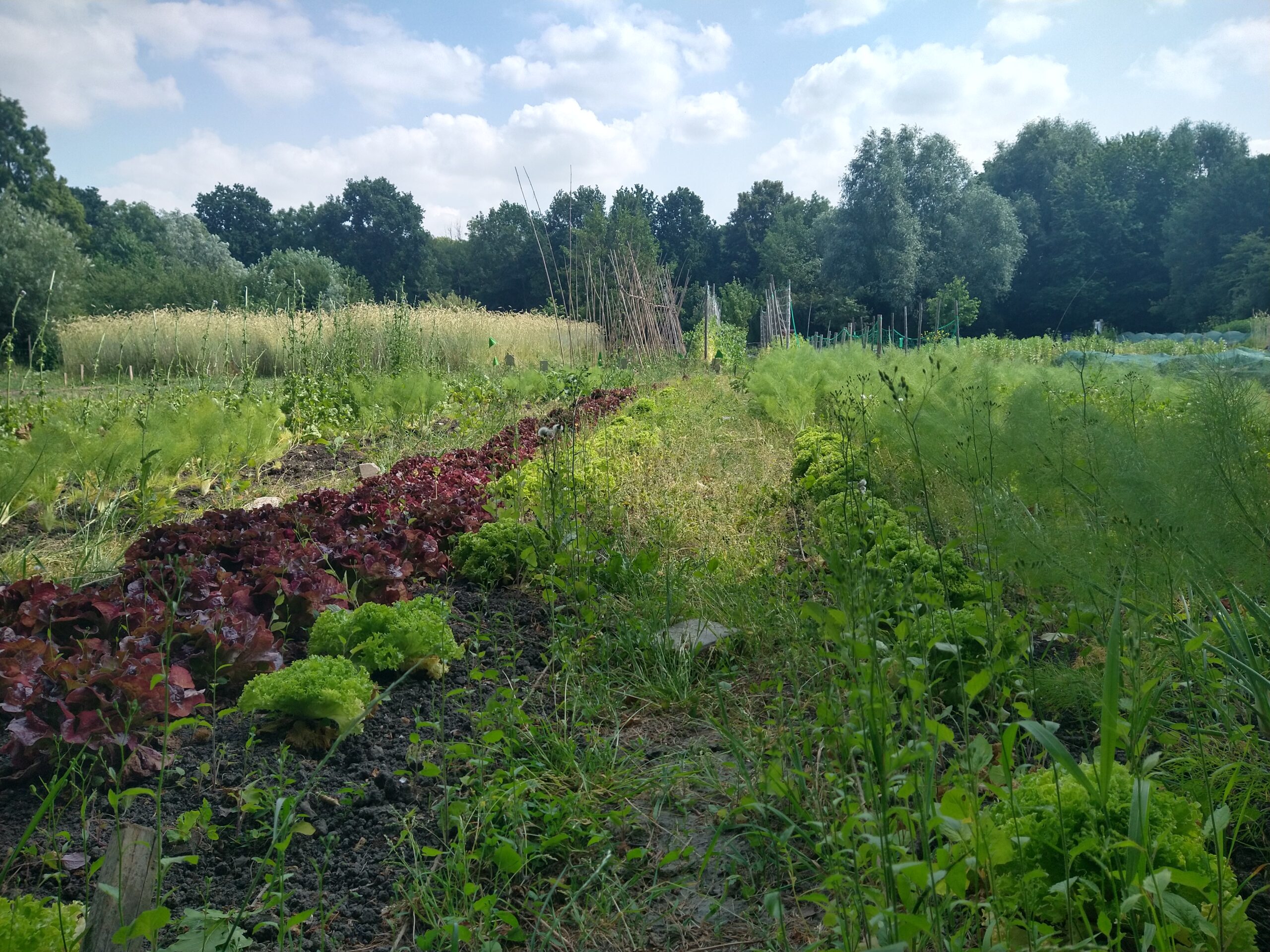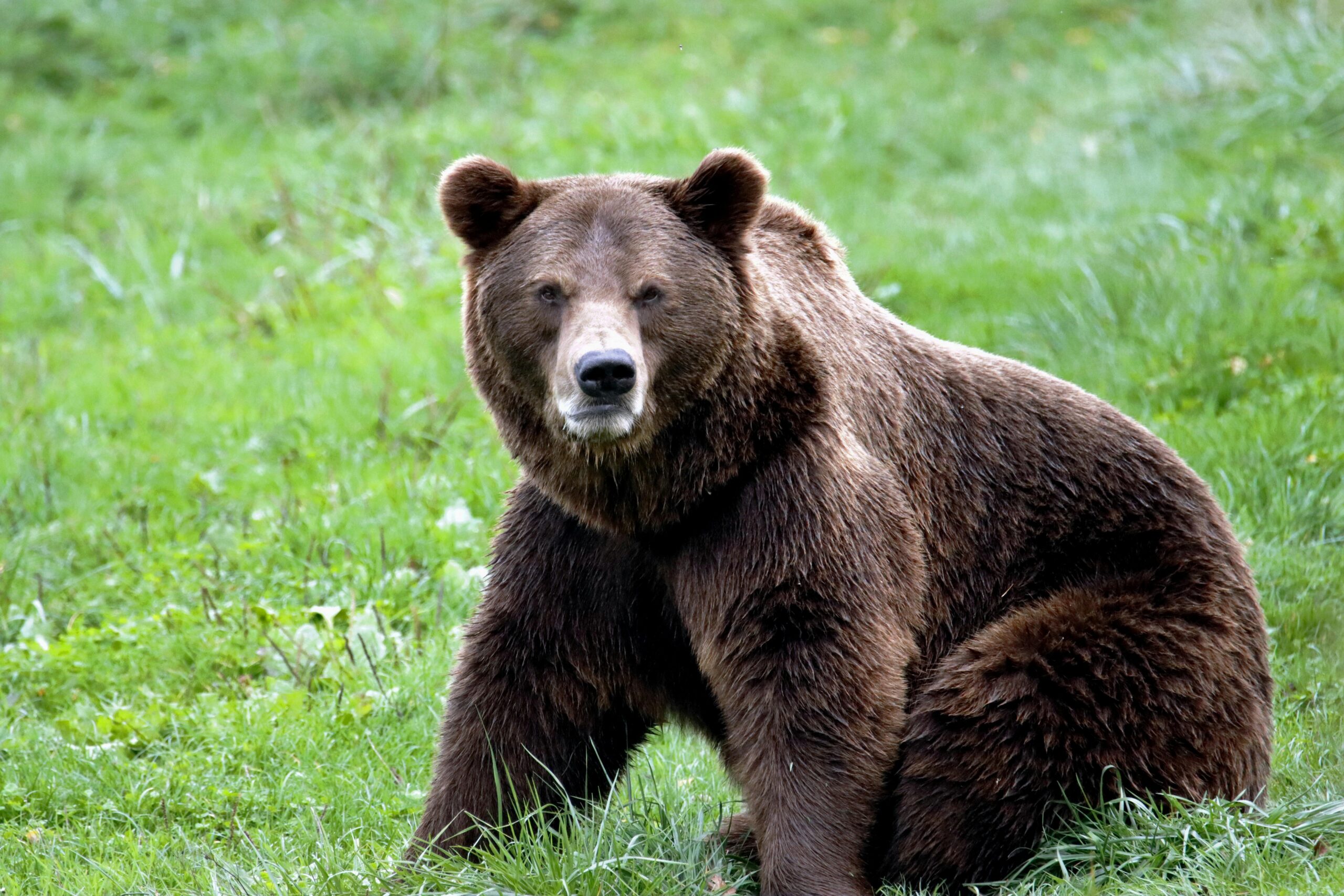We could characterize our food system as a social construct: a complex set of rules, habits, practices, beliefs and views that have developed over time, which shape our behavior. From this perspective, institutional change is essential for sustainability transitions. After all, such a transition can only take place if we change the rules of the game and adapt our behavior accordingly.
But this is not so easy, as we are currently experiencing in the Netherlands and Europe. We seem to be stuck: the conditions for system change are missing. The system is locked in and we continue to build on the existing regime of industrial agriculture. Various structures and forces support this path dependency. Vested industry interests are resistant to change and there is a lack of political will to dissolve the status quo as this may result in electoral backlash.
But it is not just a political issue. We have become so accustomed to the industrial system and its rules that it is difficult to imagine that things could be done differently. After decades of incentivized specialization, standardization and technological innovation, we find it difficult to deviate from this productionism path. We have difficulty letting go of the idee-fixe that a tiny country like the Netherlands ‘must feed the world’. We have come to believe the neoliberal mantra that citizens’ freedom of choice over their food supply is best achieved when we treat them as price-conscious consumers who can buy their food on the free market. And we have come to view nature as an infinite resource that we can extract for our food production. These narratives and beliefs have become firmly rooted and institutionalized in our food system, offering little space for alternatives.
Still, there are all kinds of initiatives in the Netherlands and Europe that offer us valuable insights into how we could move towards a sustainable food system along alternative transition pathways. Across the continent, farmers and citizens are experimenting with new rules and practices on their fields, gardens and markets, and within their communities: community-supported agriculture (CSA), agroecology, alternative food networks, food collectives, just to name a few. They work together based on shared social, ecological and democratic values that shape very different narratives about agriculture and food. These are stories centered around ecology, social reciprocity and solidarity, food sovereignty, working with nature, and livelihood security. They are diverse, as they embrace their local embeddedness and identity.
In their own place-based ways, these food communities are showing us the bottom-up transformative power of collective self-organization by farmers and citizens. They are creating much needed institutional diversity that can help us build a sustainable, resilient food system at large, in a democratic manner. But they cannot do this entirely by themselves. Political recognition and support, from the EU and its member states, is needed to build such a ‘long food movement’ (IPES-Food, 2021). The upcoming EU elections will be pivotal in this.


